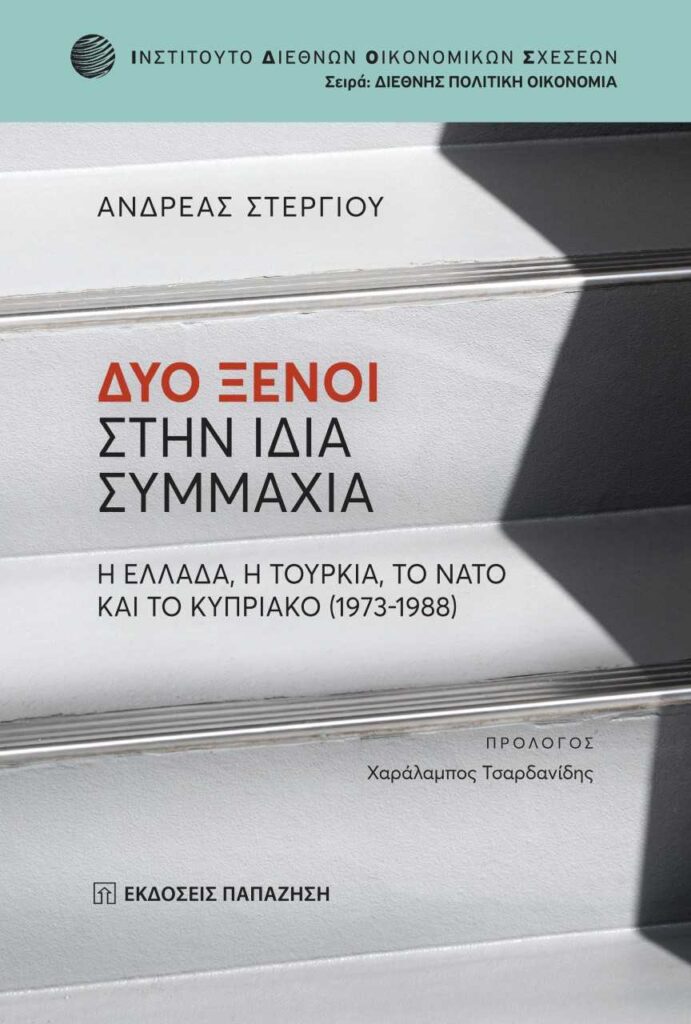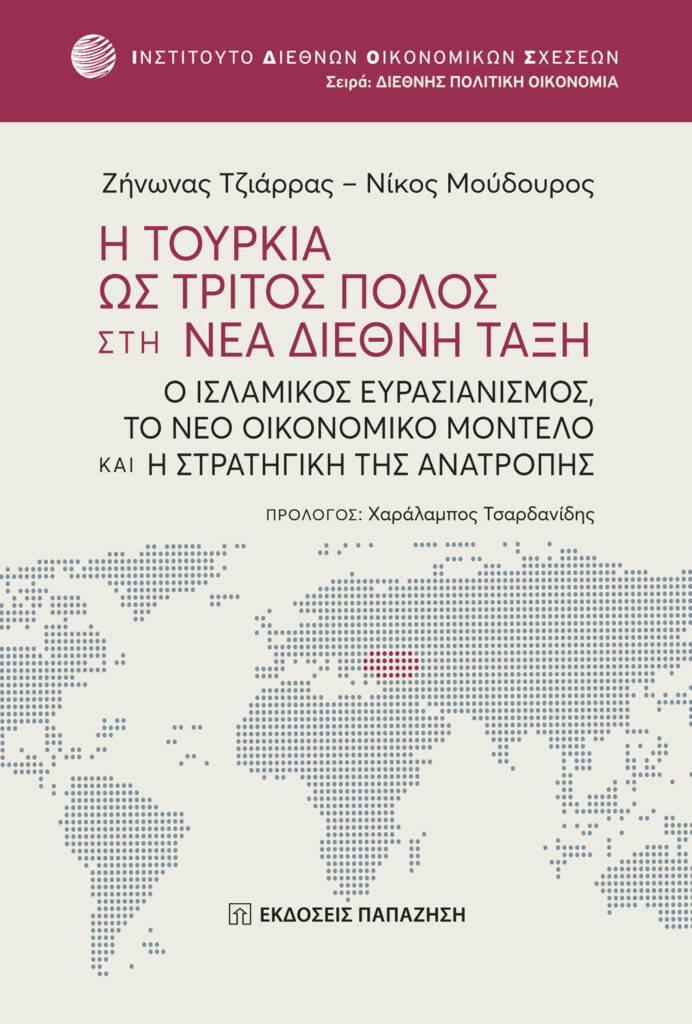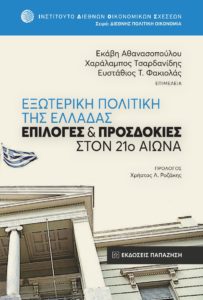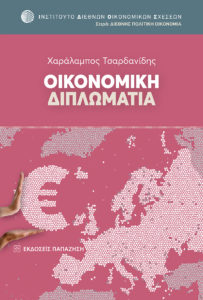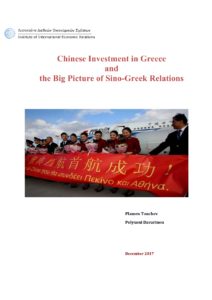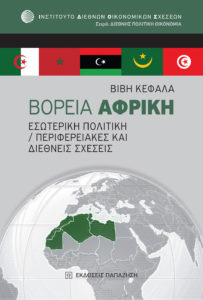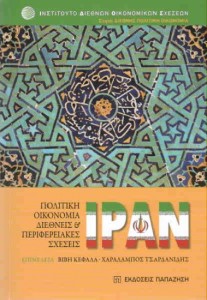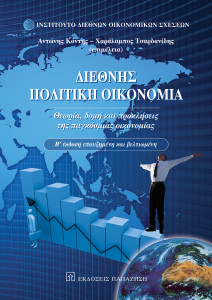The Institute of International Economic Relations in Athens organized its first event on Kurdish-Greek relations on 29th October 2015, the first official interaction of its kind between Greece and the Kurdistan Region of Iraq. The event was a landmark as it offered a unique opportunity to turn the spotlight onto the complementary roles of both entities as geostrategic forces and equalizers of the regional balance of power in both the Mediterranean and Middle Eastern regions. The meeting not only strengthened the existing relations that have long existed historically between the two powers, but also raised interesting discussions on further developments that could be set in motion to encourage deeper relations between Greece with the Kurdistan Region of Iraq.
Dr. Dimitris Mardas, Deputy Minister of Foreign Affairs in Greece and Mr. G. Tsipras, the Secretary General for International Economic Relations, Ministry of in their interventions were quick to confirm Greek commitment to establishing a Greek consulate in the KR. The General Secretary assured attendees of the Ministry’s support of trade and broader economic and investment opportunities with the Kurdistan Region of Iraq.
Mr. Falah Mustafa Bakir, Head of DFR of the KR of Iraq, was the keynote speaker and highlighted his presence in Greece as a key element in his schedule of official visits around the world aiming at building future relations that will benefit the KR which already has more than thirty Consulates. However, he also underlined that reciprocal official visits were needed to find a common ground to solve problems of mutual interest such as addressing the refugee crisis and the fight against Islamic State which he stressed was a global responsibility that should be shared by all states. So far, around 1,300 Kurdish fighters have been killed and 7,500 wounded while the KR has hosted more than 1.8 million refugees from neighbouring Syria. On these grounds, Mr. Bakir also emphasized the need for closer relations and promoted the idea of regular educational exchanges to benefit both parts.
Ms Marianna Charoudaki, Sessional Lecturer at Reading University, underlined that considering the historical ties of the KR of Iraq with Greece vis-à-vis the geopolitical positions they hold and based on the fundamental principle that their foreign policy interests converge rather than diverge, this constitutes a promising foundation on which a new alliance could gradually be built. In this context, it seems obvious that the regional and international recognition achieved by the Kurds and their increasingly influential role within the region should be given serious consideration by the Greek foreign policy when formulating a dynamic New Greek Kurdish policy for the 21st century as a pre-requisite for mutual cooperation on areas of common needs and interests. Such domains are the provision of aid and support in accommodating refugees, collaboration in the fight against Islamic State, development of energy, trade, business, tourism sectors, and opportunities for growth through beneficial sharing of intellectual, business and technical ‘know how’.
To achieve this outcome, one way, Ms Charoudaki suggested, to start the ball rolling would be to establish a Greek Consulate in KR and its counterpart, a KRG representation office in Athens. Other suggestions to speed up the process included the provision of direct connecting flights to make interactions between the two powers easier, boosting tourism to ease restrictions for (tourist) visas, creating a Business Economic Forum for mutual benefit and establishing strong representation in both Greece and KR. It was also agreed that it was essential to organize a follow-up official meeting that would discuss further the shared role of the two powers in creating stability in the turbulent Mediterranean and Middle Eastern regions. Therefore, Ms Charoudaki, emphasized that the strengthening of mutual Kurdish-Greek relations based on economic, political and cultural gains could actually provide the KR with much needed assistance in the difficult times of transition that the Middle East is currently undergoing. The institutionalization of Greek relations with the KR of Iraq, as the only way that all these activities can actually go ahead through, would represent an important step forward in this season of critical political change, with major repercussions for both Europe and, more importantly still, the Middle Eastern region.
The conference was thus considered a first and very satisfactory step forward in this direction.


